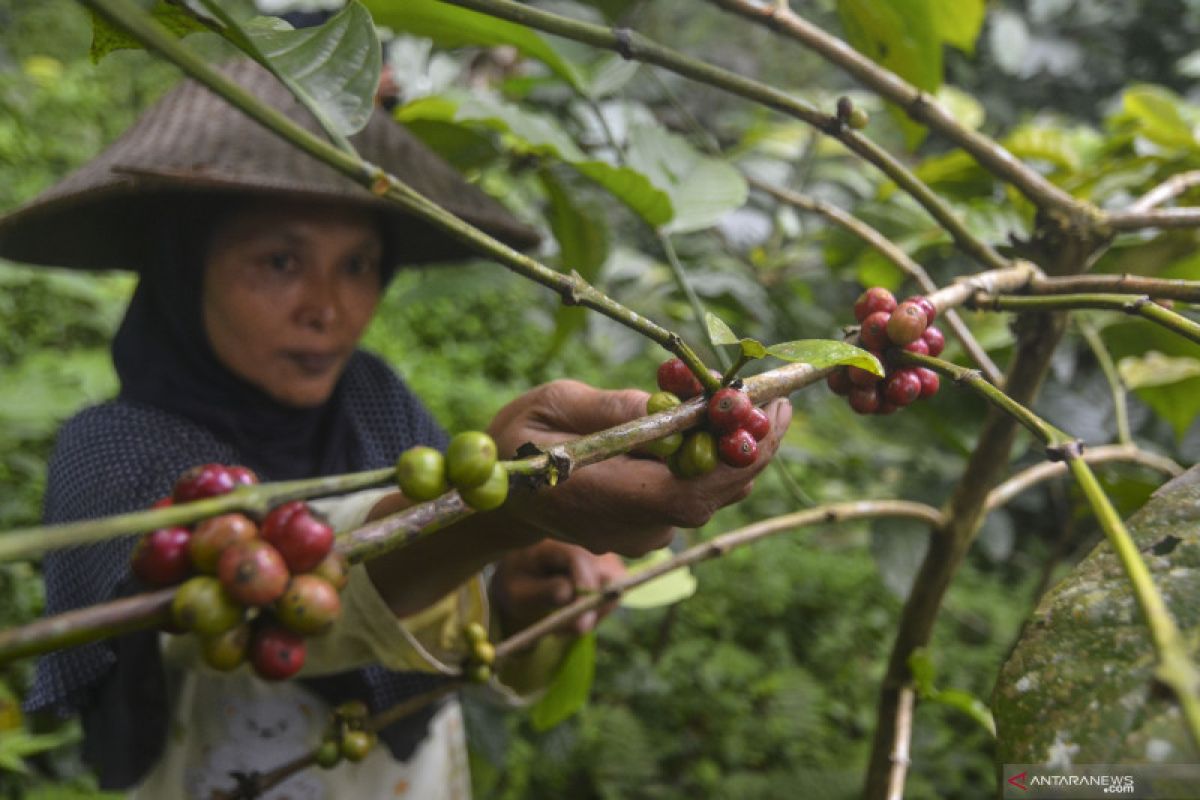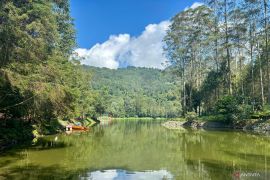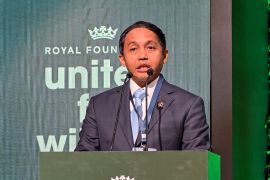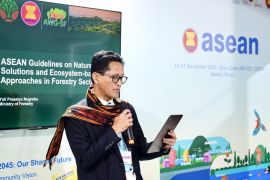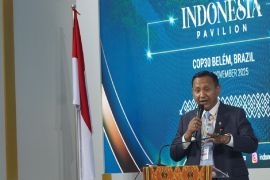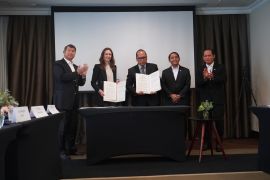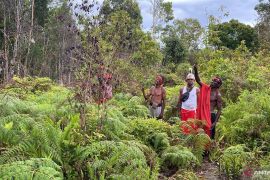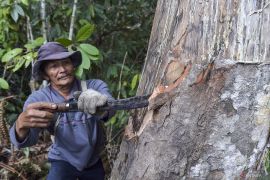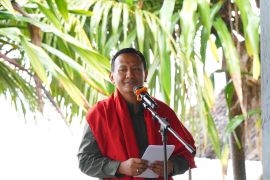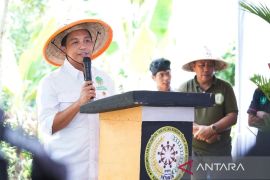"The economic transactions of social forestry business groups (KUPS) in 2023, which we recorded through the GoKUPS information system, reached Rp1.13 trillion, or around 102 percent of the target," she stated in a discussion on social forestry as monitored online on Thursday.
With this achievement, she revealed that the government is targeting the value of economic transactions achieved by KUPS to reach Rp1.5 trillion (around US$90.94 million) in 2024.
The increase in welfare supported by KUPS also has an impact on villages in areas surrounding social forestry areas.
Bakar explained that this was apparent from the increase in the Village Development Index (IDM) in villages having permits to manage forests sustainably.
She further explained that based on the IDM, the number of very underdeveloped villages declined, from 2,193 villages in 2016 to 189 villages in 2023.
"For independent villages, from 33 villages in 2016, the number increased to 1,803 villages," she stated.
In terms of the ecological aspect, social forestry players are urged to play a role in the efforts to handle biodiversity loss and mitigate climate change.
"Social forestry groups must make efforts to adapt and mitigate climate change with local wisdom and knowledge in order to prevent greenhouse gas emissions, protect and conserve biodiversity, plant trees on critical or open lands, and prevent environmental pollution in social forestry areas," she remarked.
According to the ministry, the community's management access through the social forest program reached 7,087,970 hectares that are managed by 1.3 million families.
Related news: Ministry considers varied factors for environmental restoration
Related news: Govt prepares training programs to boost farmers' competence
Translator: Prisca Triferna, Raka Adji
Editor: Anton Santoso
Copyright © ANTARA 2024
